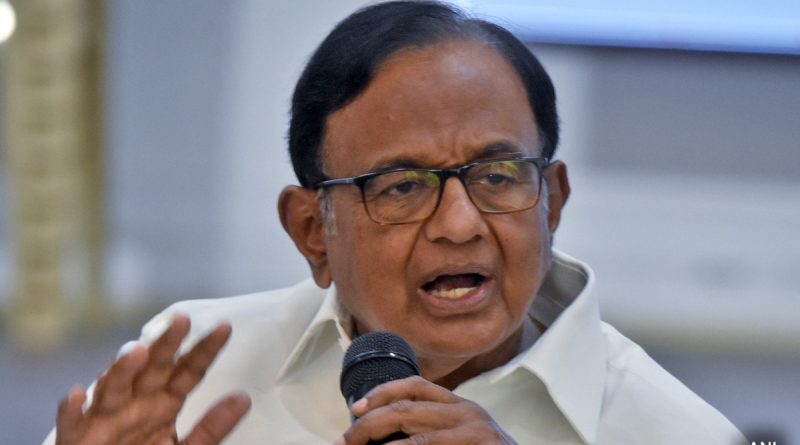P Chidambaram Discusses the Implications of Tax Cuts
P Chidambaram Criticizes Union Budget 2025
Former Union finance minister, Congress’s P Chidambaram, did not hold back in his criticism of the Union Budget 2025. He addressed various aspects of the budget, with a particular focus on the income tax rebate offered to the middle class. In addition to this, he expressed skepticism about the budget’s potential to boost private investment in the country.
Critique of Income Tax Rebate
One of the main points of contention for Chidambaram was the income tax rebate targeted towards the middle class. He labeled it as a “clever move intended to attract the attention of the voters of Delhi and Bihar.” While acknowledging the relief it provides to taxpayers, he highlighted that only 3.2 crore individuals in that tax bracket would benefit from it. This led him to question the impact on the remaining population of 140 crores and suggest alternative measures such as cutting GST, reducing taxes on petrol and diesel, and increasing MNREGA wages.
Disapproval of New Schemes
Chidambaram also criticized the introduction of new schemes in the budget, questioning the necessity for them when existing schemes are either underfunded or underutilized. He pointed out that the allocation expenditure numbers did not instill optimism in him, citing a decrease in revenue receipts and revised net tax receipts. He expressed doubts about the government’s capacity to effectively utilize the allocated funds, noting that money in key sectors remains underspent.
Lack of Growth Prospects
Furthermore, Chidambaram expressed skepticism about the budget’s potential to spur economic growth. He emphasized that the growth figures are projected to remain the same as the previous year and criticized the lack of clarity on how the budget would lead to an increase in growth rates. He questioned the government’s ability to deliver on its promises and effectively utilize the allocated funds in key sectors.
In conclusion, P Chidambaram’s critique of the Union Budget 2025 highlighted concerns about the distribution of benefits, the effectiveness of new schemes, and the government’s capacity to drive economic growth. His remarks underscore the need for a comprehensive and strategic approach to budgetary allocations to address the challenges facing the economy.

